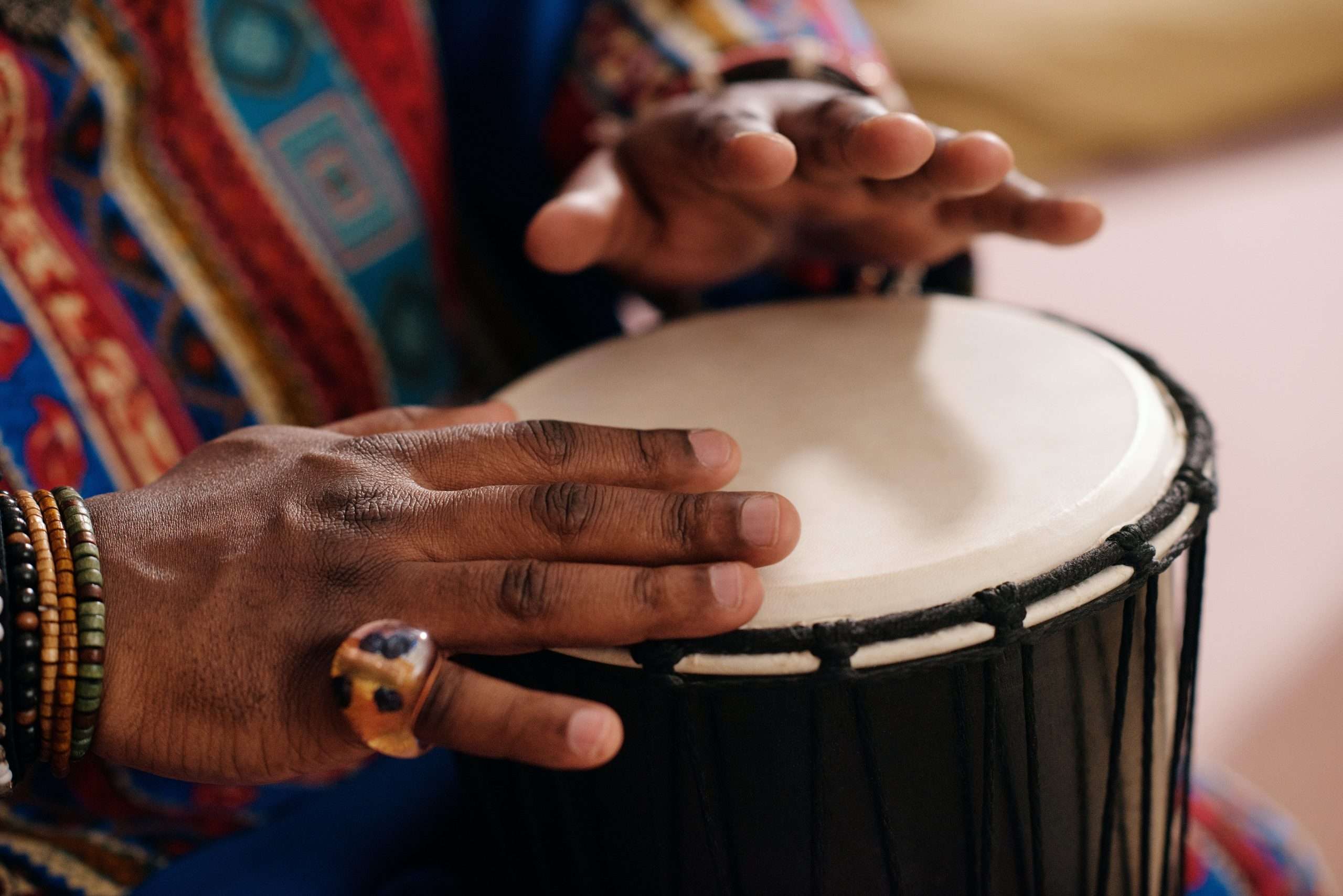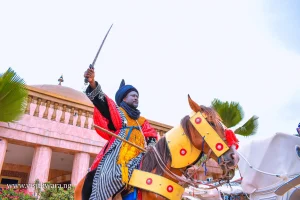Sir Edward Taylor defined culture as “that complex whole which includes knowledge, beliefs, arts, morals, laws, customs and any other capabilities acquired by humans as a member of the society.” Furthermore, cultural identity is the feeling of belonging to a certain group as part of a person’s self conception and perception. Cultural identity is well related to nationality, ethnicity, religion, social class and generation which has shown its unique culture. So, what is music and cultural identity?
Music and Cultural Identity
Music is one important part of a culture because it requires a clear knowledge of the language with which it is rendered. People’s identity is discovered through song and dance steps which differ from culture to culture. Musicians display their skills through songs and melodies to express their feelings about life to their listener who in turn relate and find comfort in the music.
Music is one of the most underrated forms of art worldwide. It is not only loved by human beings but also has a special place in the heart of animals and insects as well. Music is known for easing a lot of things, ranging from the lines of relaxing and healing powers, the ability to treat mental illness such as anxiety, emotional and spiritual uplifting. Music can be used as an instrument for not only individual’s self enjoyment but also nationalistic self-expression and even a global unification.
Some people tend to deny it’s significant by saying “music is simply music” without any usefulness. However, music is beyond a mere thought because of its enormous role in psychology as a single song has the power of bringing about many kinds of thoughts and emotions in the listener.
Music, Identity and Culture
As a matter of fact, music is obviously one of the cogent factors in which people identify with certain groups hence establishing conviction of their belonging in the society. Music shapes people’s beliefs and perspectives on how the world functions and their role in it. It also functions the same way in a culture and reflects many cultural values and ideologies. With music, we easily identify and uphold our cultural heritage.
In addition to this, each culture has its specific kind of music hence the diversity in musical lyrics. Yoruba culture is known for Fuji and apala, Jamaicans have reggae while Americans have hip-hop and a lot like that.
Groups and Cultural Identity
Music is no doubt the key identity because it offers exclusively a sense of both self and collective agreement. Social groups tend to know themselves as groups (as a particular organization of individual and social interest of sameness and differences) through cultural activities which in this case would be music. It constructs our sense of identity through the experience it offers to the body.
Music and Unity
Music also promotes world unification through competitions on a world stage and racial ethnic inclusivity. The Olympics of music is one example of music competition that takes acts from each country of Europe.
I once attended a music festival in my locality and trust me, the experience was an amazing one. Different musicians from different ethnicity performed such as juju, reggae, rap and so many others, hence we all felt that oneness was brought to us through music.
Final Thoughts on Music and Cultural Identity
In conclusion, music has the power to unite and bring back lost memories, it’s sometimes used in settling disputes among people, you can see the extent to which music heals the world.








